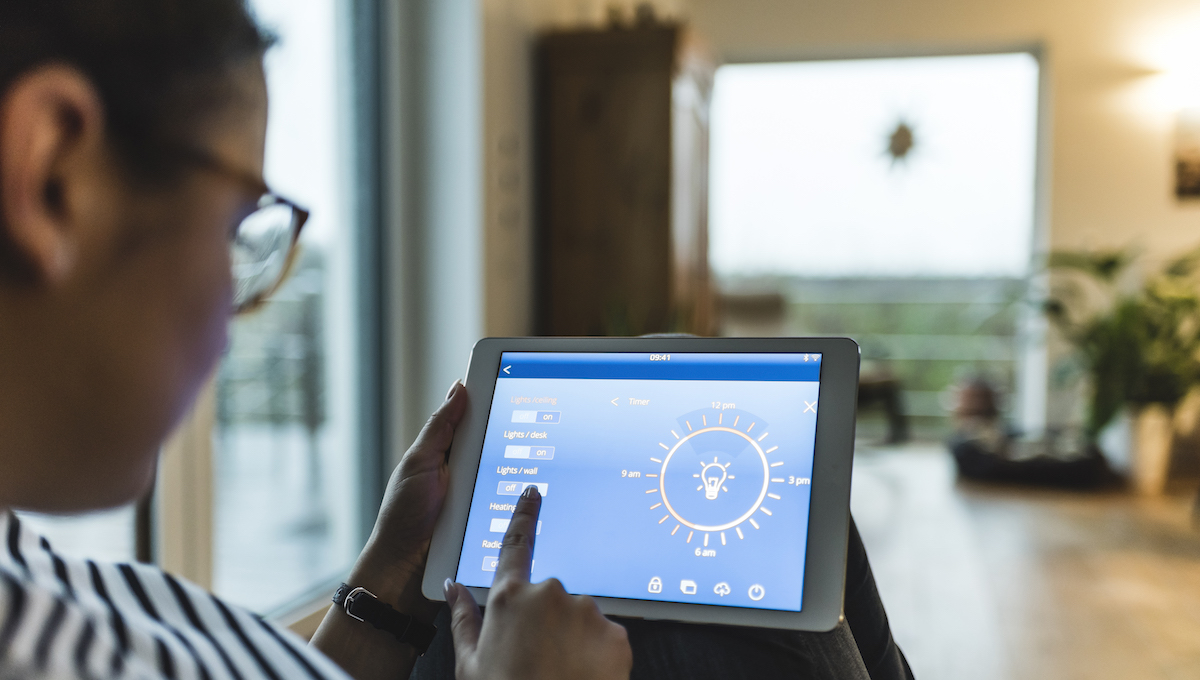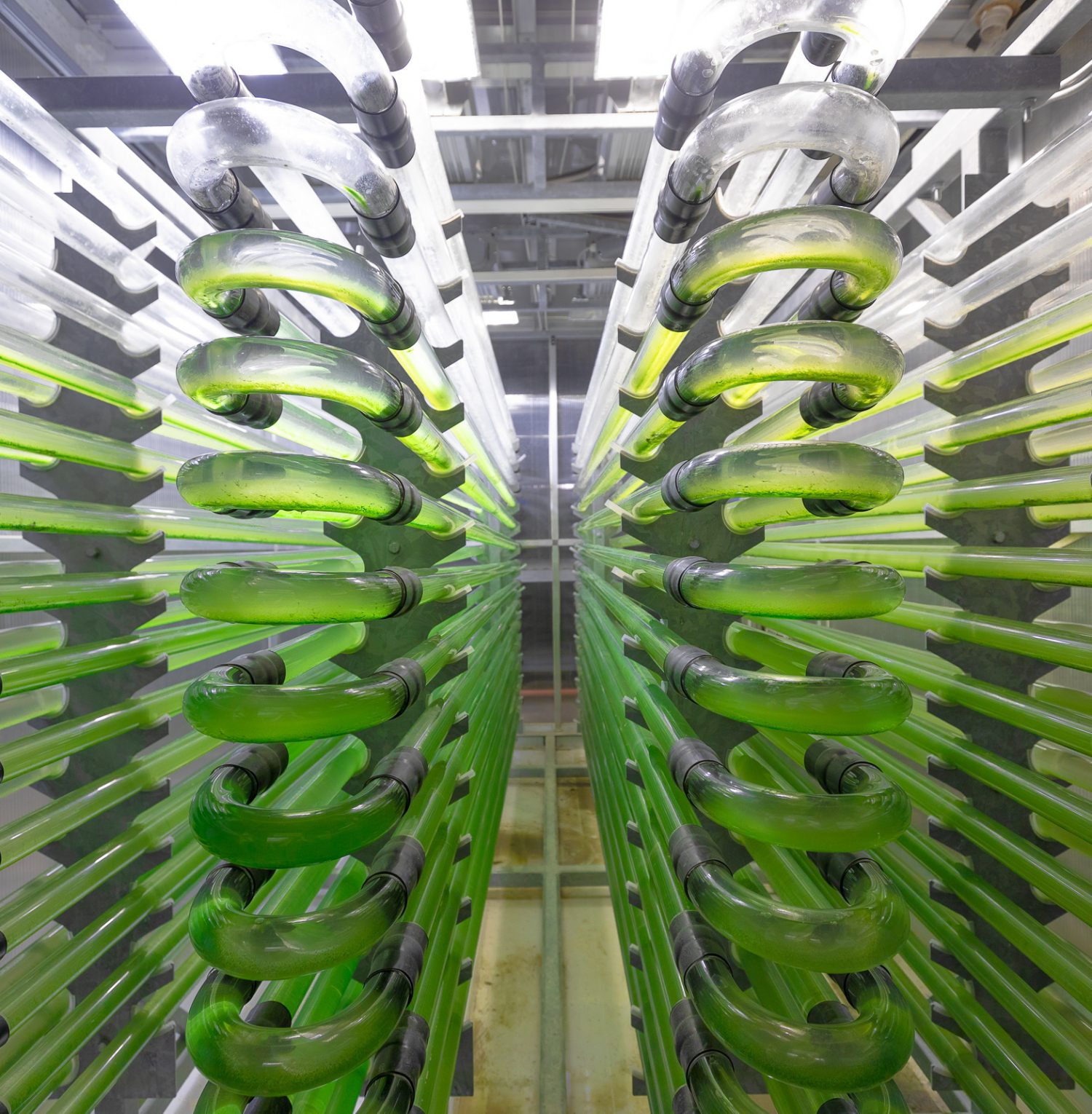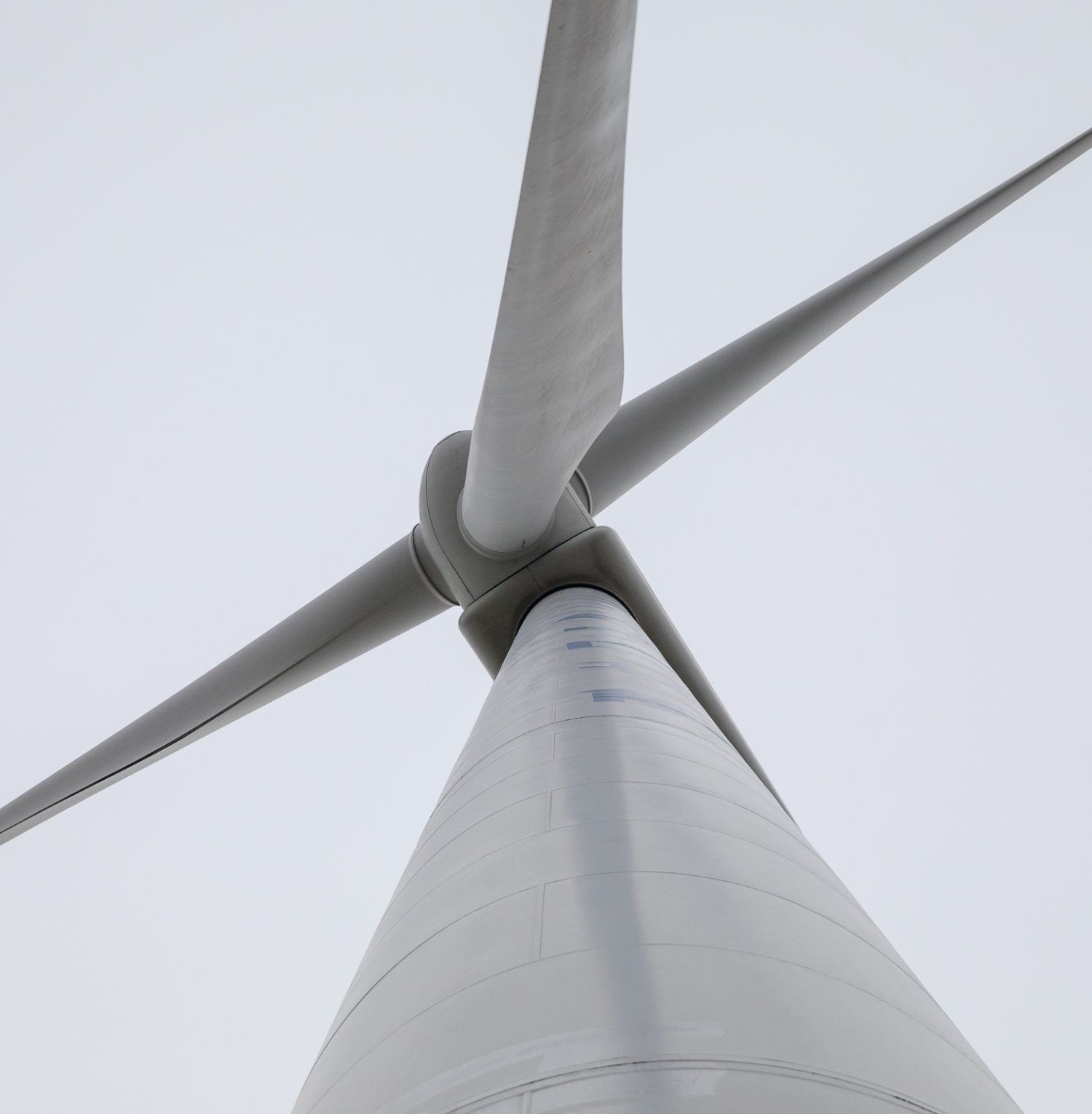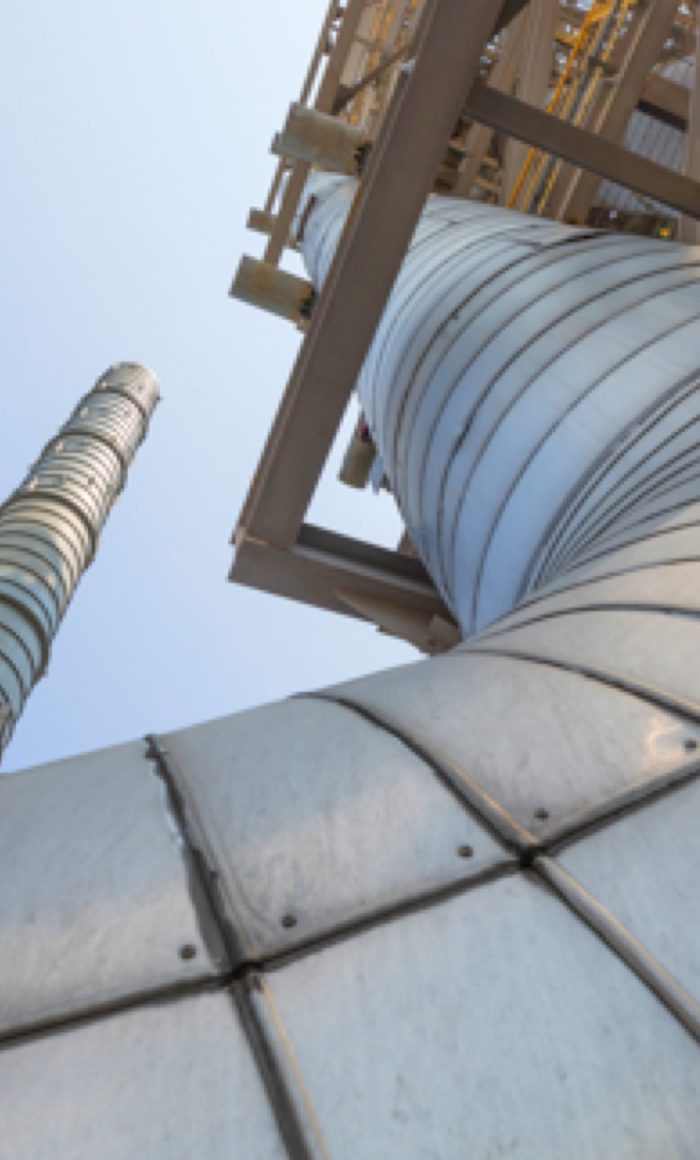During the summer, airconditioners work overtime and fridges buzz as they keep your food cool, driving up energy consumption as the temperatures and humidity rise.
But it is not just summertime when these appliances are working their hardest. New research has found that AC and fridges could soon account for 40 per cent of all of Southeast Asia’s electricity demand by 2040.
As energy usage rises, so do your power bills; however, by being energy efficient you can use less and save more. In your kitchen and beyond, these five tips can help contribute to a more energy-efficient life:

Airconditioning units account for a lot of energy consumed and this demand is growing across Asia. The amount of energy used to heat and cool Singapore alone is slated to grow by 73 per cent between 2010 and 2030. Switching to high-efficiency AC units can reduce a unit’s energy consumption by half, while running the unit at 24 degrees Celsius as a default temperature also reduces power usage. Keeping windows covered during the day to block out the sun’s heat will also help keep the house cool.
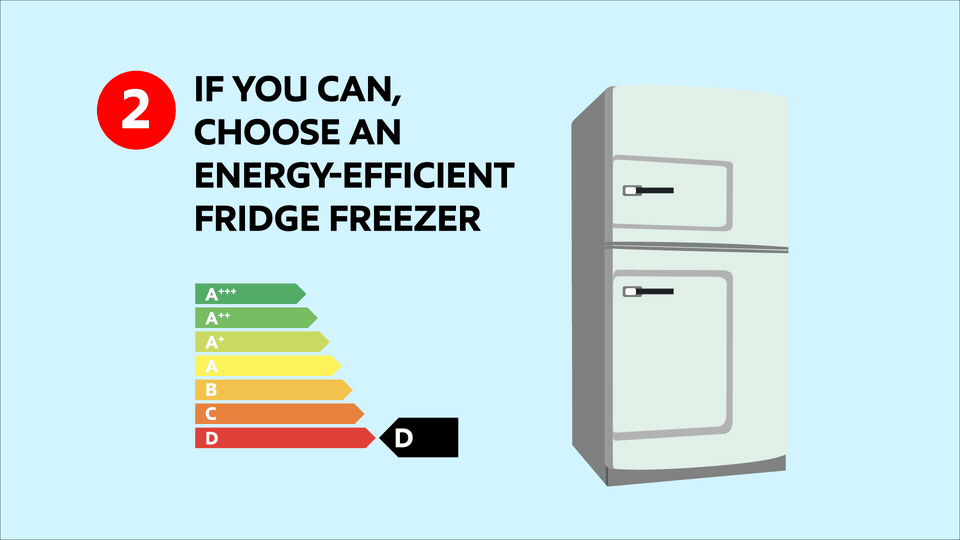
If you’re going to spend that little bit extra on any one kitchen appliance, make it the fridge. As it is switched on 24/7, having an energy-efficient model really helps save energy and lower your bills. If you can choose an energy-efficient refrigerator do so. They’re more expensive at first but save you money as they cost less to run compared to regular fridges.
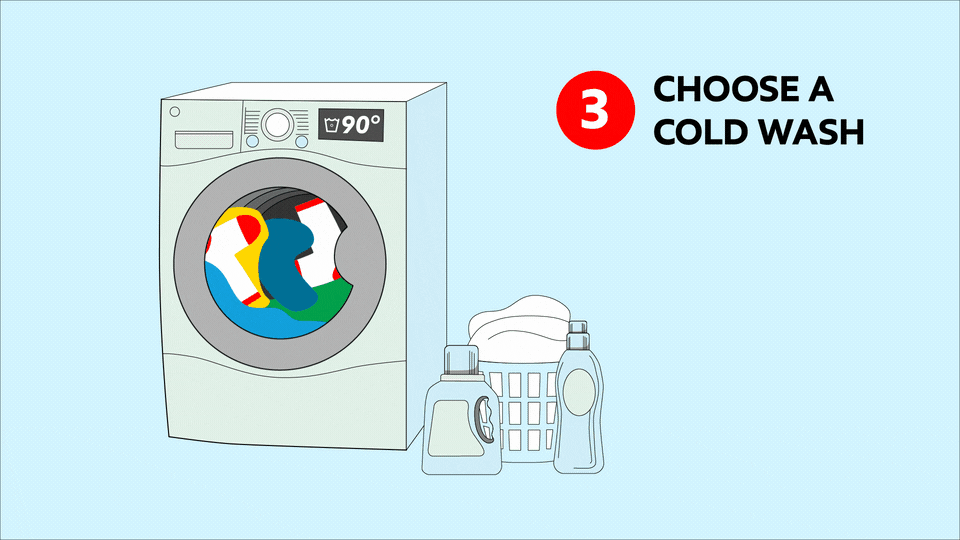
When using the washing machine, choose a cold rinse. It’s also best to make the most of every wash cycle by filling the machine – or making sure you use a half-load setting if it isn’t full.
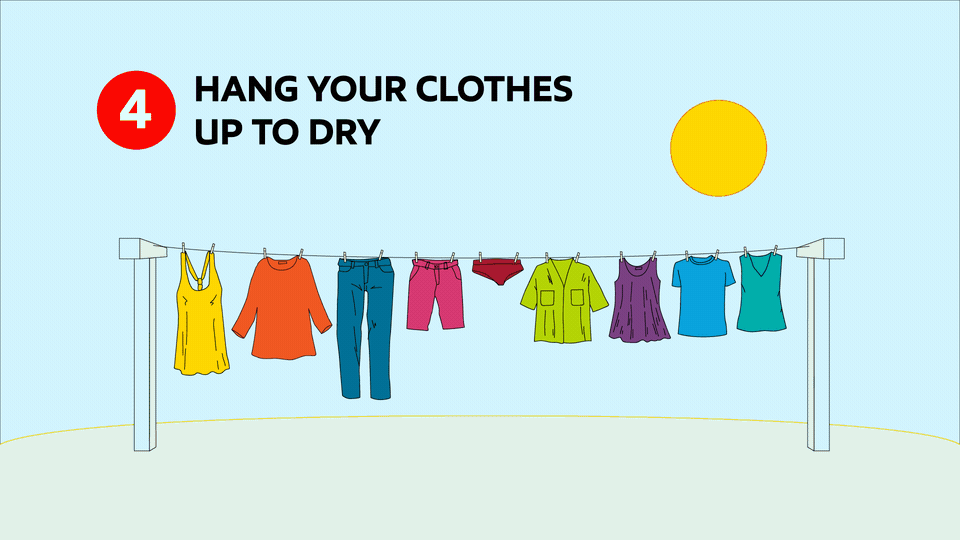
Hang your clothes to dry. Clothes dryers are one of the most energy-hungry appliances in your home, so if it’s hot outside and the sun is shining then hang your clothes on a line or drying rack. The fresh air and sunshine also helps kill dust mites and may even help fade stains.
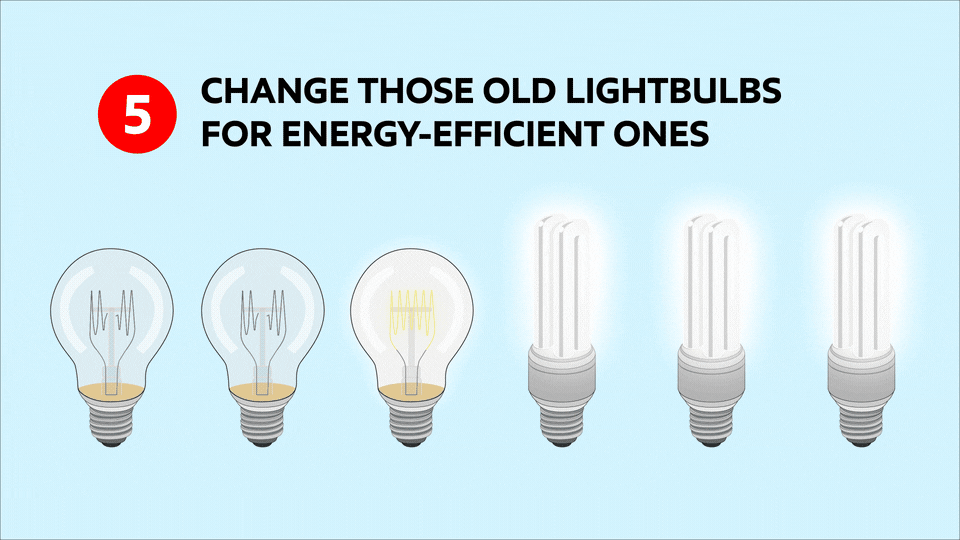
Change those old lightbulbs for energy-efficient options. Replacing traditional or low-efficiency halogen lightbulbs – which lose 90 per cent of their energy through heat – with energy-saving LED (light-emitting diode) or CFL (compact fluorescent lamp) bulbs could help reduce your energy bills. Although energy-efficient bulbs can be more expensive, you save more money as they tend to last much longer, even years, compared to ordinary bulbs.
